‘We Managed to Capture the Diverse Landscape of Higher Education in India’
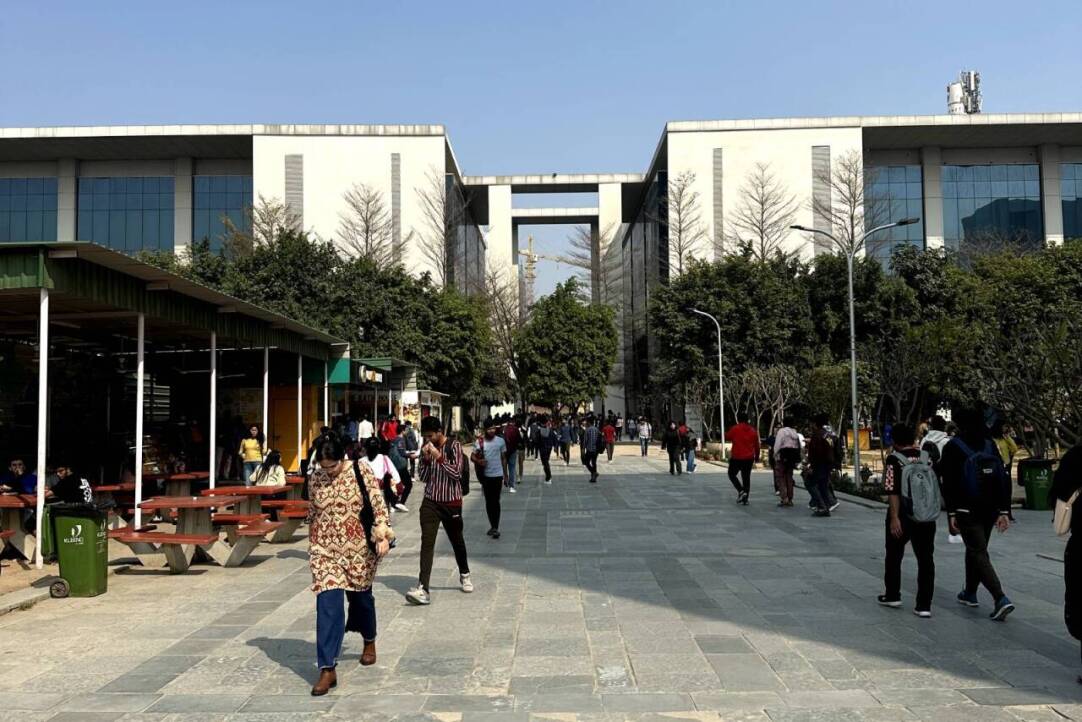
A delegation from HSE University in St Petersburg has visited universities in India. HSE representatives attended eight universities, and held meetings with management, teachers, and researchers. Here, participants talk about their impressions, cooperation agreements and some cultural peculiarities of India.
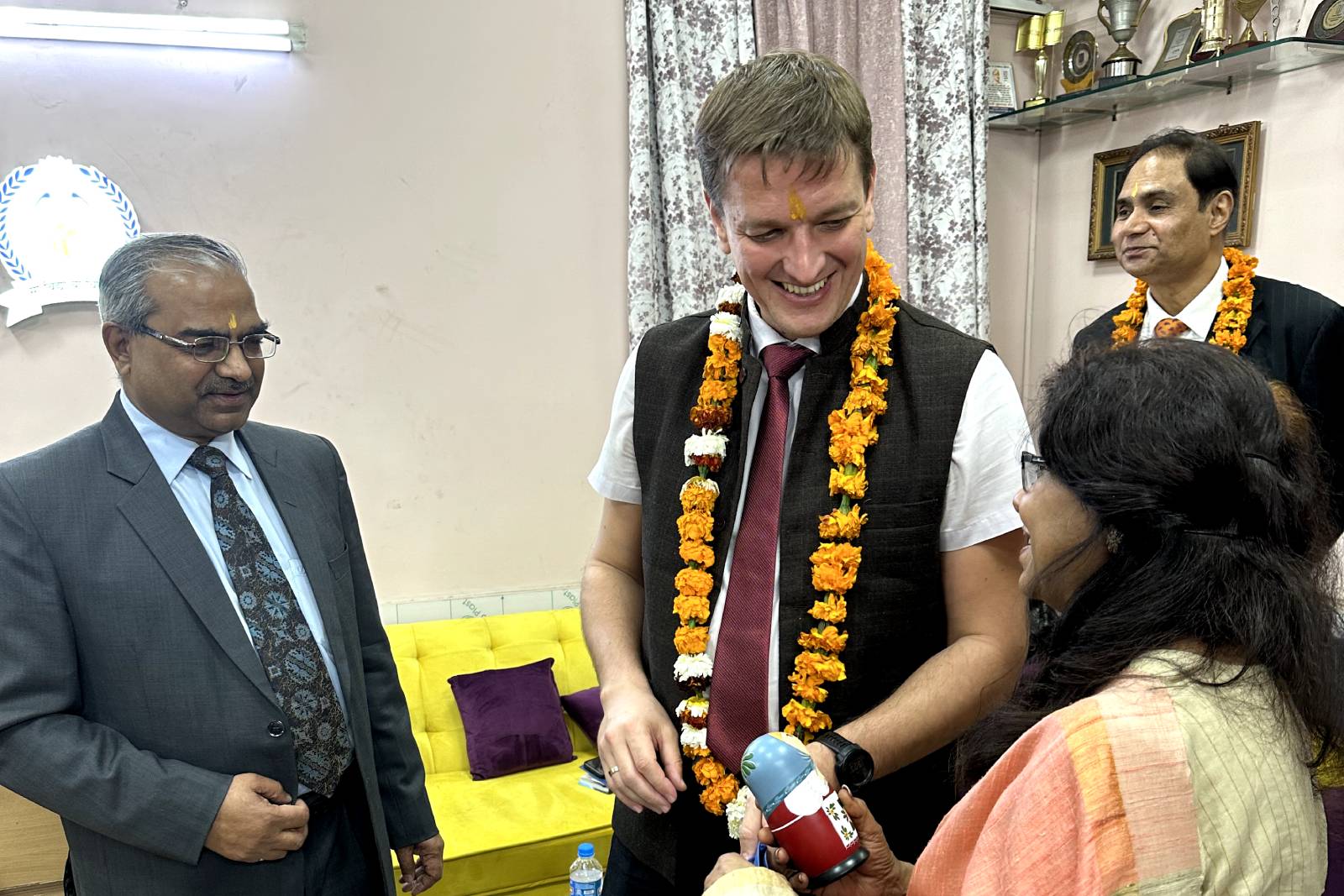
Alexander Sorokin, Dean of the Saint-Petersburg School of Social Sciences
— We managed to traverse the diverse landscape of higher education in India, including technological universities (IIT Delhi, IIT Bombay), classical universities (Delhi University), management institutes similar to business schools in the Russian Federation (Indian Institute of Management—Indore), new private universities (Ahmedabad University), and corporate universities (UPES, Bennett University, Tata Institute of Social Sciences). The different formats of interaction in educational, scientific and event fields aroused mutual interest of the participants in each educational institution.
Our English-language bachelor's and master's programmes attracted special attention
Speaking about the bachelor's programme in political science, there were several proposals from Indian colleagues for double degrees. In addition, options for student leadership, joint educational courses, and short-term mobility programmes for both our students, and those from partner universities, were also discussed.
There were proposals for interdisciplinary scientific cooperation, which may be of interest not only to us, but also for our colleagues at HSE University in St Petersburg, as well as HSE University in general.
For us, co-operation with our colleagues from India is promising for several reasons. It includes the exchange of new knowledge, methods, and approaches; access to field and expeditionary research that can be performed using a comparative approach; opportunities for cross-country network research using platform solutions, including shared scientific databases.
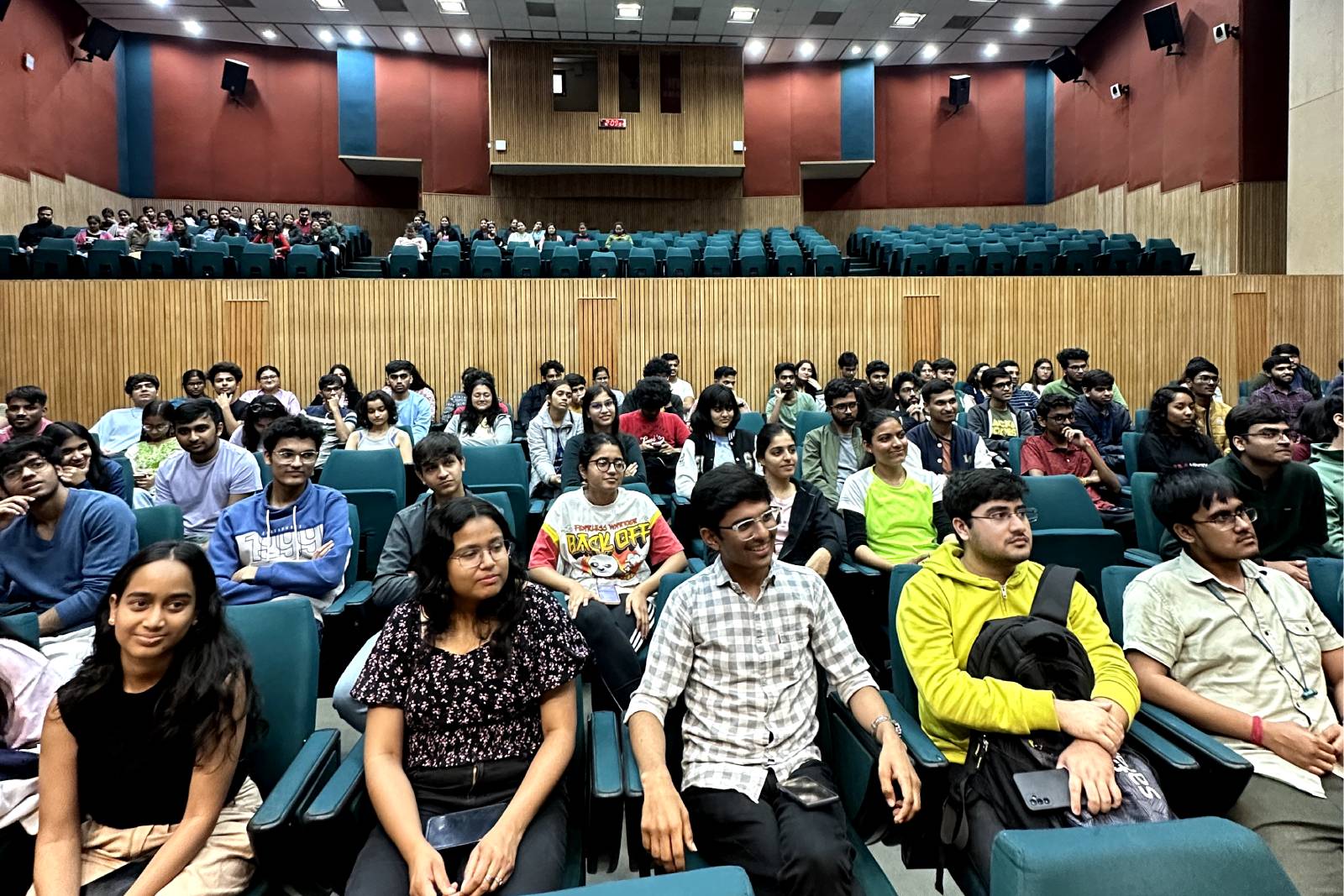
We are currently preparing a student expedition to the Himalayas in order to study the social aspects of climate change. This will take place in late April — early May 2024. In April, we have lectures scheduled at one of our partner universities.
We are including colleagues in our current grant applications. We are also working on finalising mutual cooperation agreements and double degree agreements with the majority of universities.
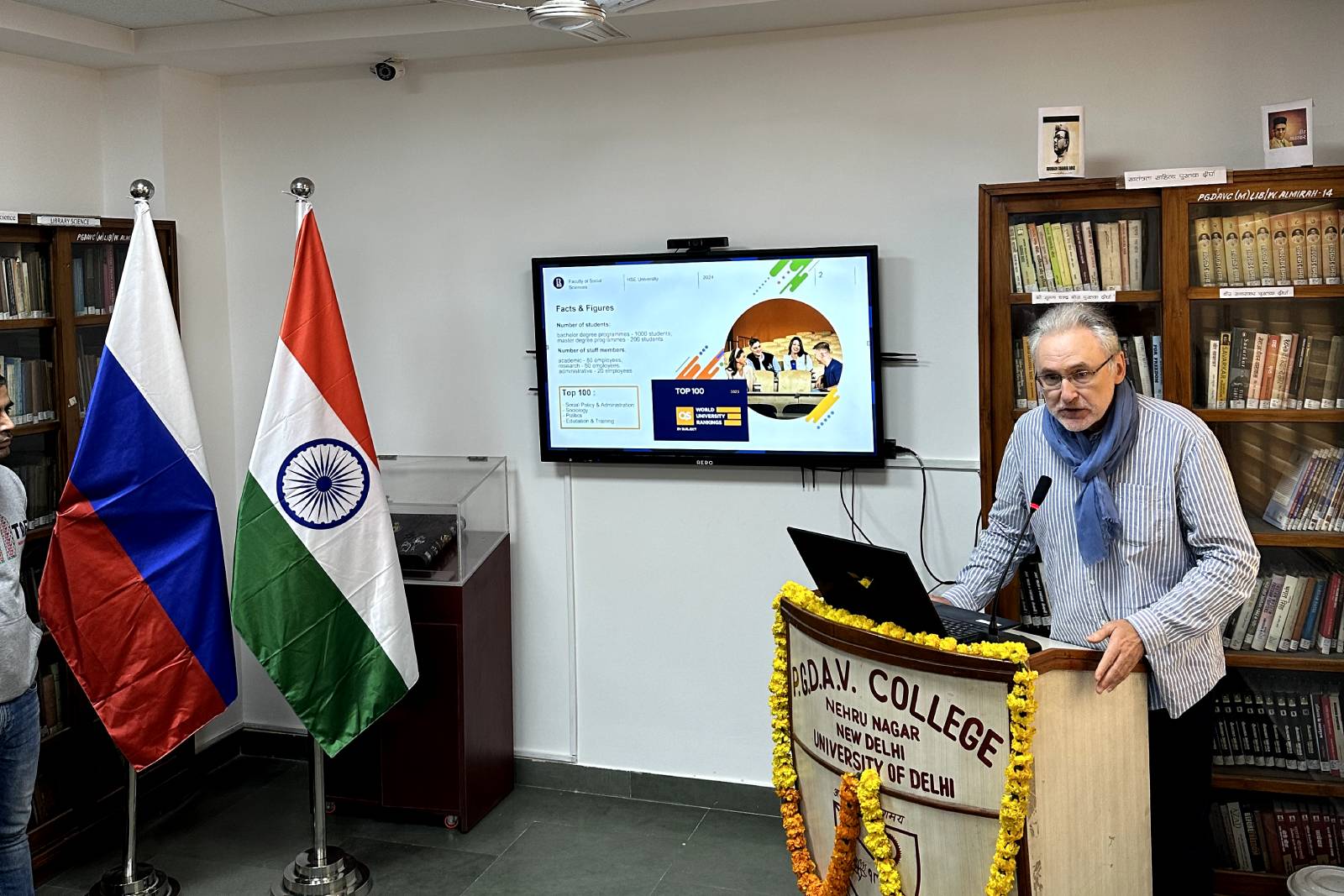
Daniil Alexandrov, Professor at the School of Arts and Humanities and the Saint-Petersburg School of Social Sciences
— There are great prospects for cooperation in India. In all the universities we visited, we were easily able to find a shared language and common scientific topics of interest. For example, in March 2024 I delivered an online report at the Indian Institute of Technology Bombay.
At Delhi University, I advised a colleague on their quantitative methods course, and we are also discussing a joint research project in the field of education with our colleagues from Dehradun.
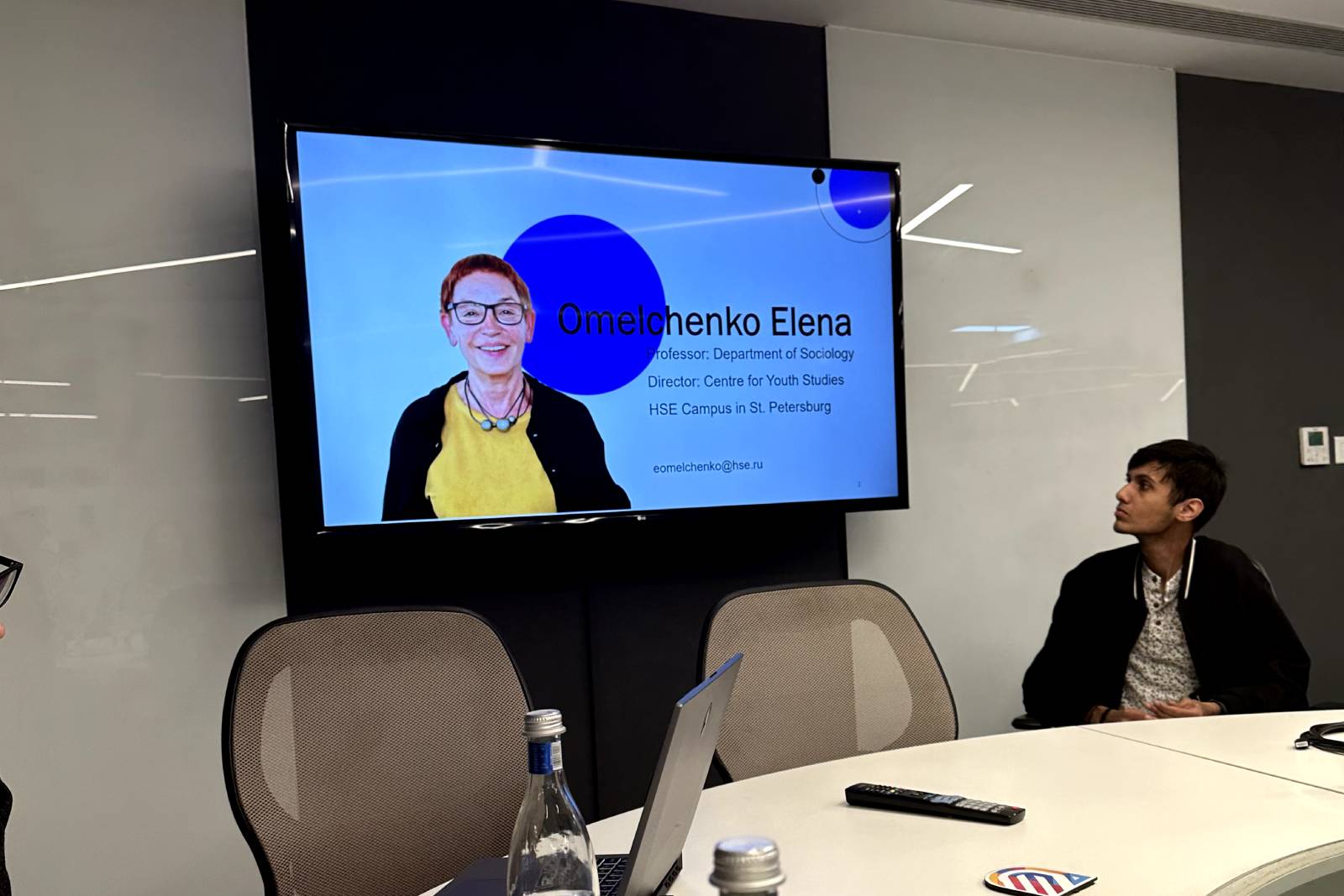
Elena Omelchenko, Professor at the Saint-Petersburg School of Social Sciences
— This visit to India was a real revelation for me. In just two weeks, we visited universities and colleges in five cities.
I guess I had the most vivid impressions from meetings with fellow scientists and researchers.For me, as a sociologist specialising in youth studies, the negotiations around launching mirror (joint) laboratories seem to point to the most promising areas of future cooperation. Together with our colleagues from the Indian Institute of Management—Indore, we considered the idea of a mirror laboratory related to research into the environmental awareness of young people and waste management strategies.
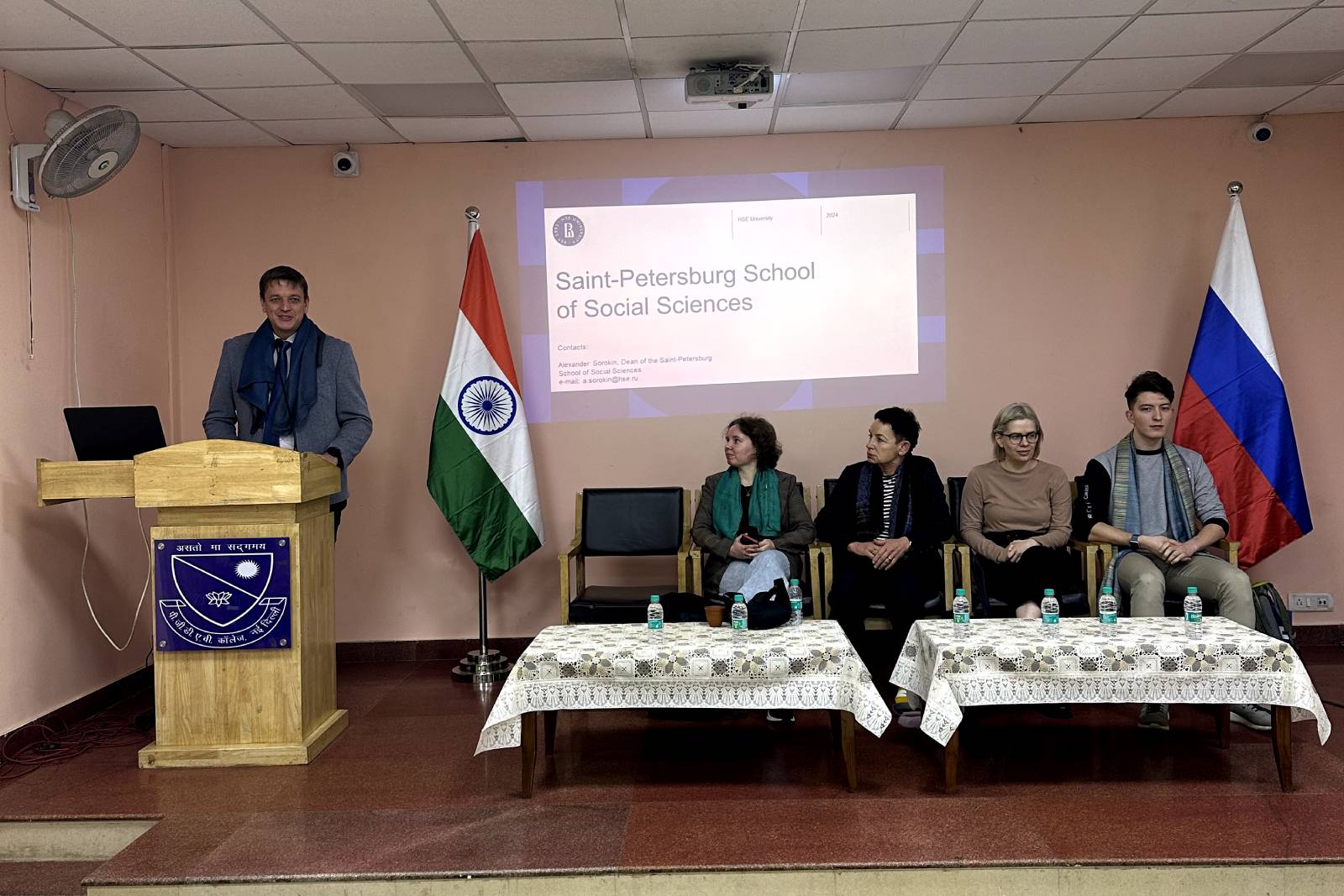
Another topic discussed with our colleagues from the Ahmedabad University was the adaptation of nonresident and international students to life in megacities, including issues of generational differences and mental well-being, we discussed with our colleagues from the Ahmedabad University.
Issues related directly to youth studies were actively discussed with colleagues from the Department of Social Policy of the Delhi University and the Tata Institute of Social Sciences (TISS).
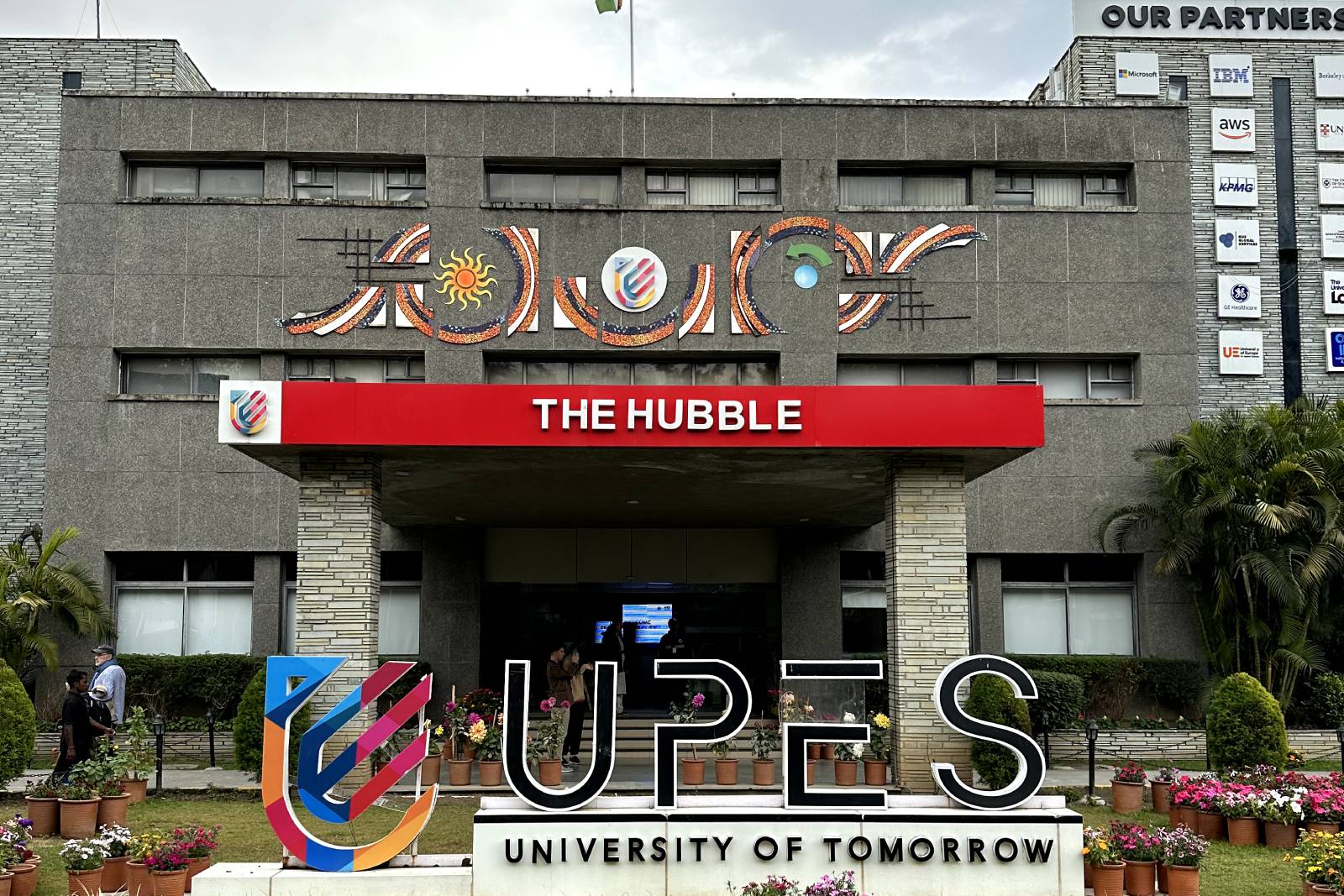
Aleksei Sorbale, Associate Professor at the Saint-Petersburg School of Social Sciences
— Indian universities are divided into leagues according to the quality of recruitment, the level of integration into international research networks and the qualification of teaching staff and researchers. During our February trip, we were lucky enough to establish cooperation with universities from the top league. From Dehradun to Mumbai, we encountered beautifully designed campuses with modern equipment and comfortable spaces for students and teachers. We have seen the genuine interest of students in our bachelor's and master's programmes. It is worth noting the high level of theoretical and methodological training of Indian students in the field of social sciences.
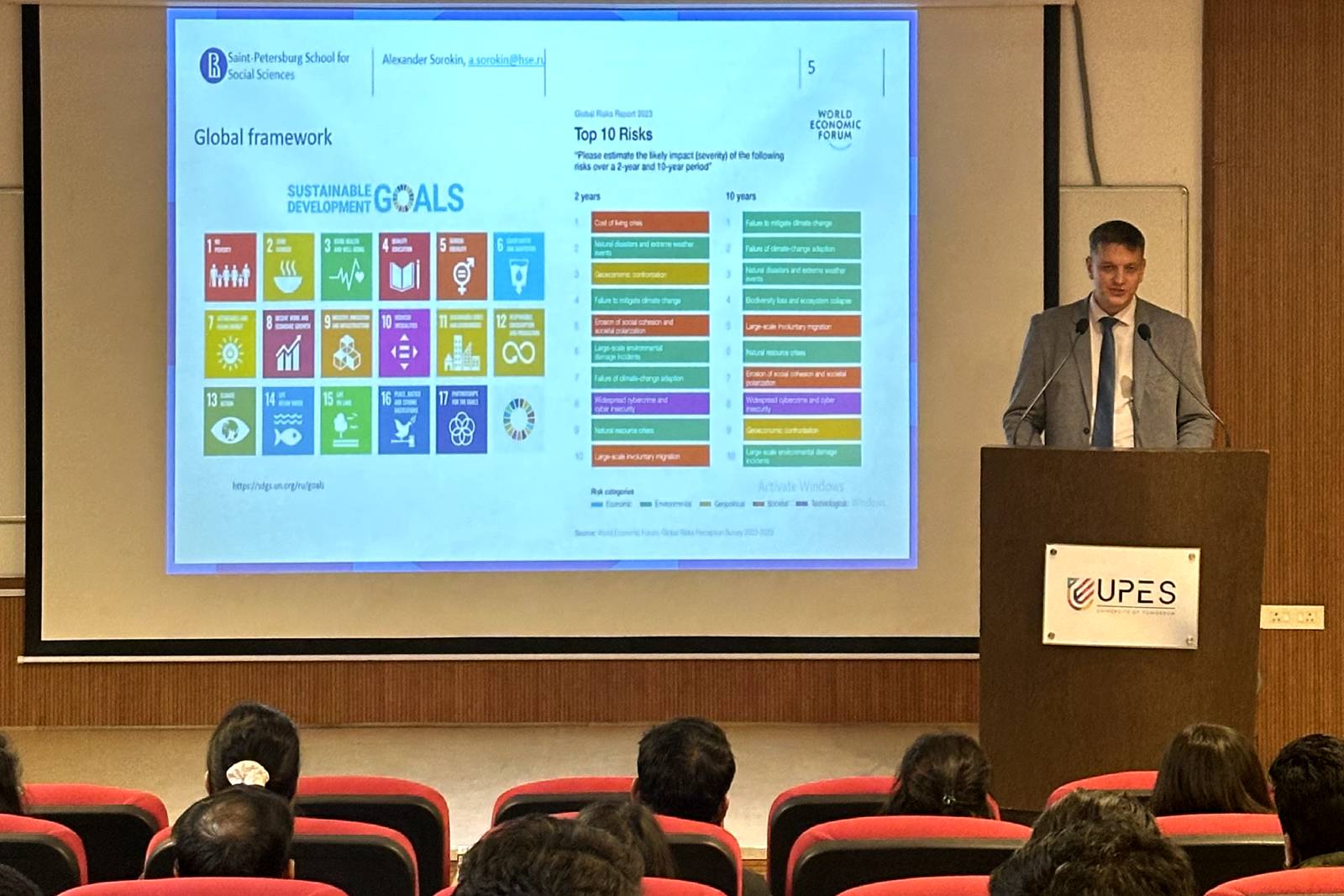
Ekaterina Semushkina, Senior Lecturer at the Saint-Petersburg School of Social Sciences
— This trip helped me take a fresh look at the Indian higher education system and get to know more about the activities of the most successful universities where major courses in social sciences are implemented.
For me the main goal of the trip was to find potential partners for the master's programme ‘Comparative Politics of Eurasia’. The concept of our programme will change in the new academic year. We plan to train experts in the field of ESG consulting with knowledge of the specifics of political, social and economic processes in Eurasian countries.
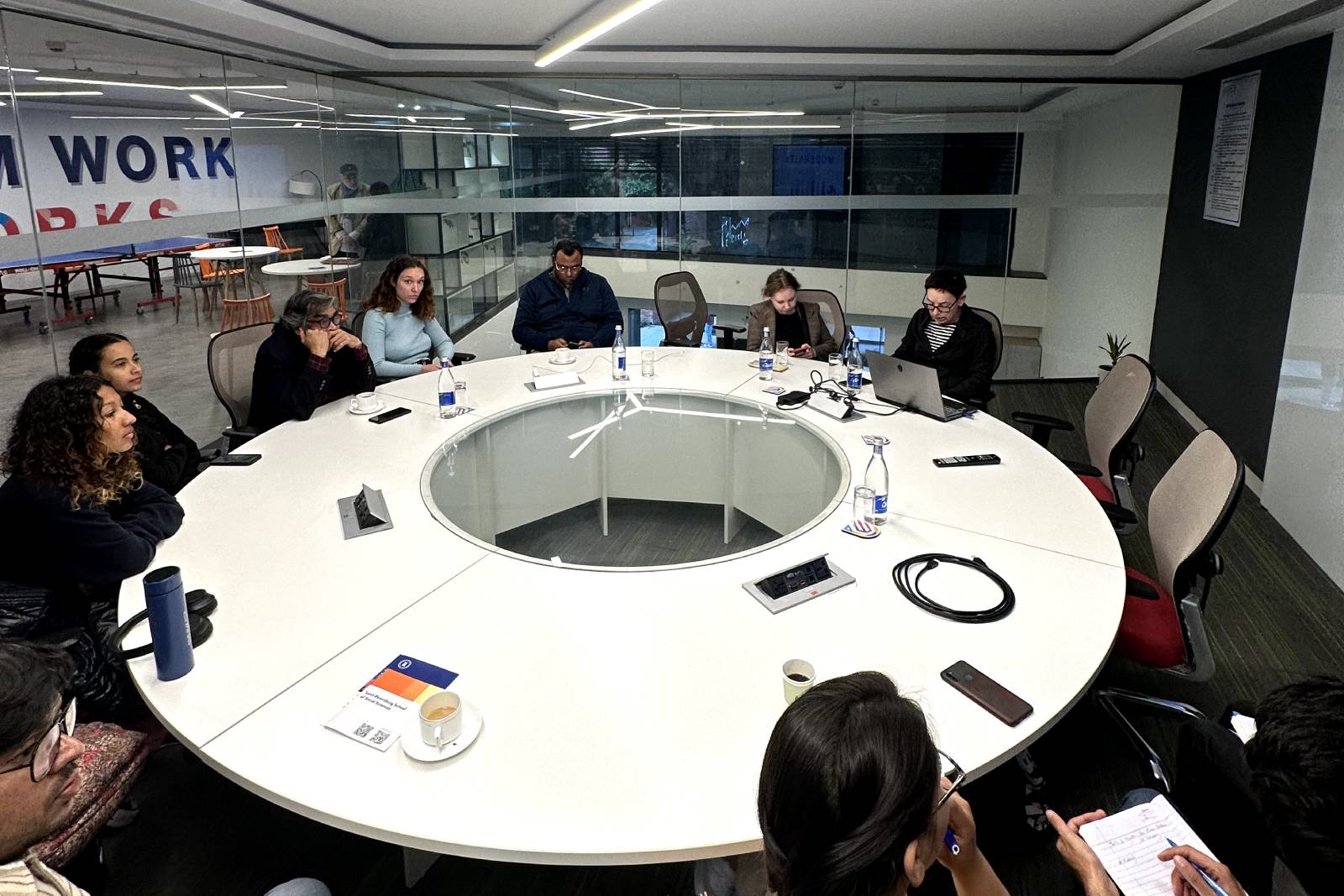
We saw a great deal of interest in the implementation of joint applied student projects aimed at case analysis and the development of sustainable development programmes from UPES School of Business. Another important result was the start of discussions on launching a double-degree programme for students of our programme ‘Comparative Politics of Eurasia’ and a new master's programme at Bennett University in international relations with the representatives of the Bennett University.
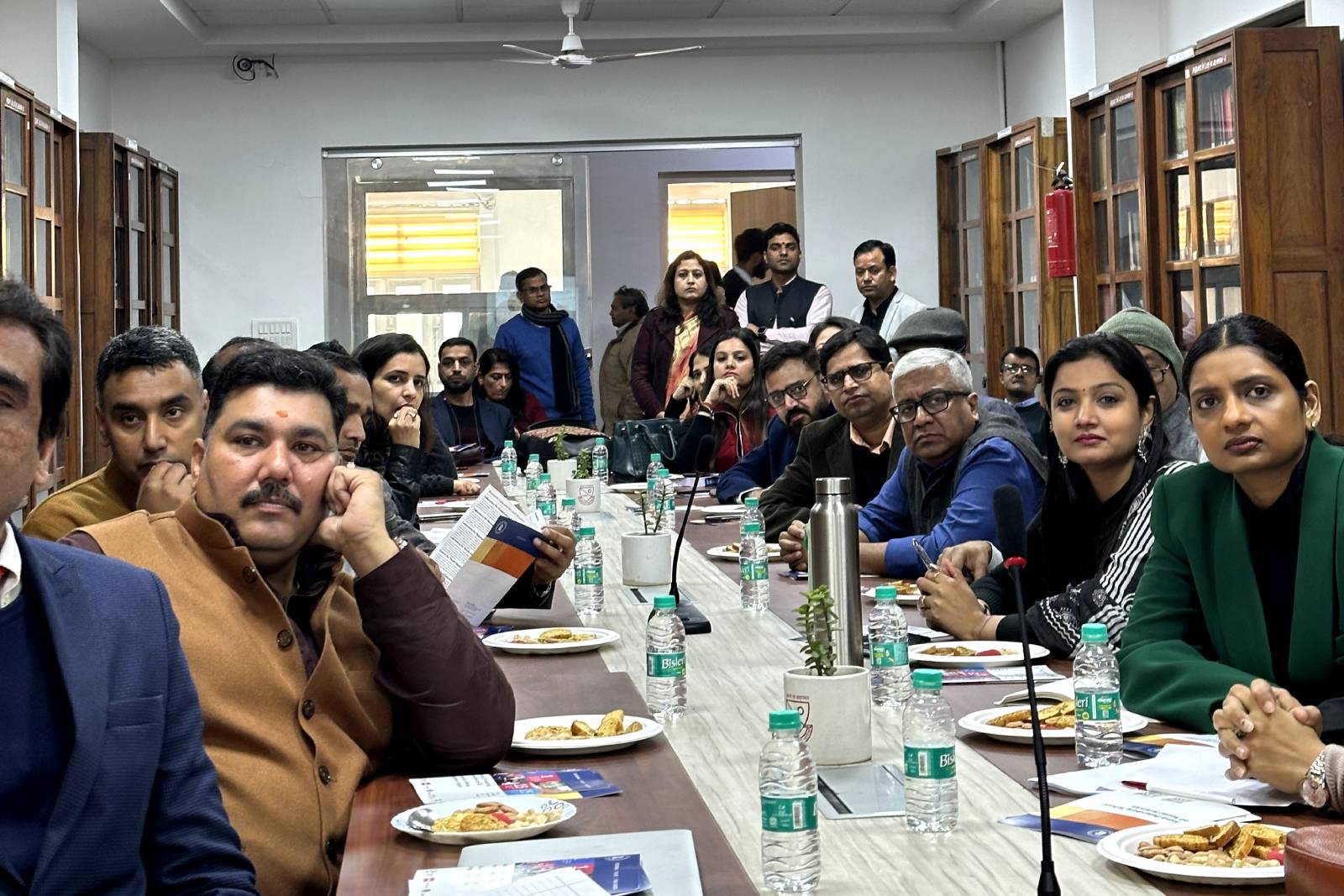
Kseniia Nicheuhina, Director of the Centre of International Education at the HSE St. Petersburg International Office
— During the trip, my colleagues from the School of Social Sciences found many opportunities for joint research, met colleagues from other universities, and learnt about the problems the Indian scientific community is concerned about. Our university has expertise in certain topics that may interest our Indian colleagues. They, in turn, have accumulated experience in areas that are gaining popularity in our country. We hope that all our cooperation agreements will be finalized and implemented and developed.

